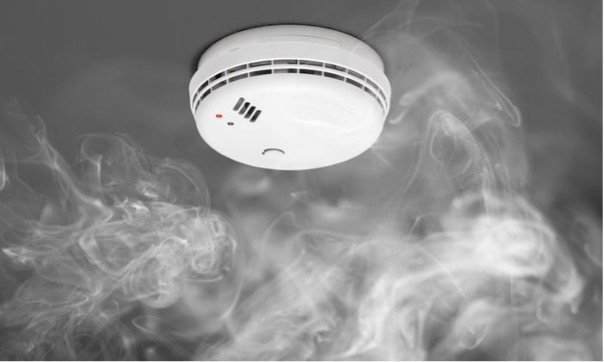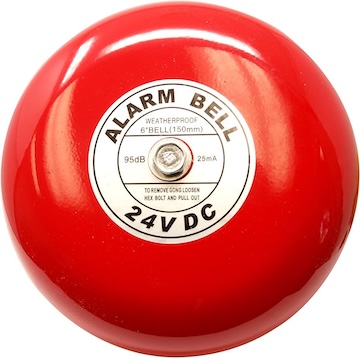This is to clarify a few aspects regarding the apartment fire doors, as there seems to be a certain amount of confusion about them.
The communal doors are the responsibility of the freeholder and hence RPFL look after those. These are inspected on a 3 monthly basis, with the inspection and any necessary works paid from the service charge.
The apartment entrance doors, subject of the recent communication from HML, are a logistical nightmare. They are required to be inspected annually by the freeholder, on a best endeavours basis, to comply with the Fire Safety (England) Regulations 2022, Regulation 10. The leases state that these doors form part of the demise of each flat (except for the corridor side face) and therefore the individual leaseholders are responsible for their maintenance and repair, including fixing any fire safety defects if necessary.
If you are a tenant it is your Landlords responsibility.
A guidance note was issued to all residents regarding this last November, which sadly seems to have been pretty much ignored by everyone.
As Landlord RPFL has no immediate legal right to change these doors, and neither can we expend service charge funds on them – all we can do is notify leaseholders if remedial works are required, which we have done. If the necessary works are not undertaken, as there is no ability to enforce any action under the lease, the Fire Brigade or HSE may serve an appropriate enforcement notice upon the leaseholder.
Fortunately most of these required works seem to be fairly minor in nature. If a door and frame has to be replaced then this is a Building Control matter and will require prior approval from the Building Safety Regulator and RPFL. Carrying out such work without such consent is a criminal offence under the Building Safety Act 2022.
Any works to the fire doors are required to be done by an accredited contractor, and the best option would be a community approach. This of course requires someone to be willing to spend the time and effort to organise it.
As a starter we have asked the contractor who carries out our other fire stopping works if they would be interested in taking this on. They may not, but there are certainly others who could do it. Having found a suitable contractor and agreed rates, if individual leaseholders then wish to take up the opportunity of saving some money they will each need to contract with that contractor individually ahead of a set date for participation. Each leaseholder will be liable to the contractor for the cost (the contractor will often require payment from each leaseholder in advance). So long as the leaseholder understands that this is a cost outside of the lease (i.e. not a service charge) and that they are themselves contracting with and liable to the contractor then all should be good.


